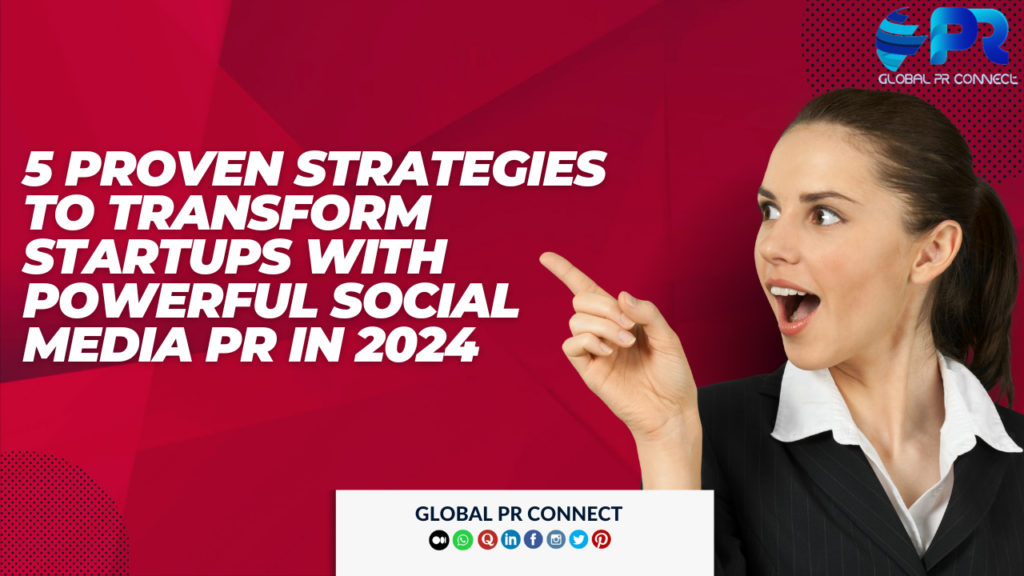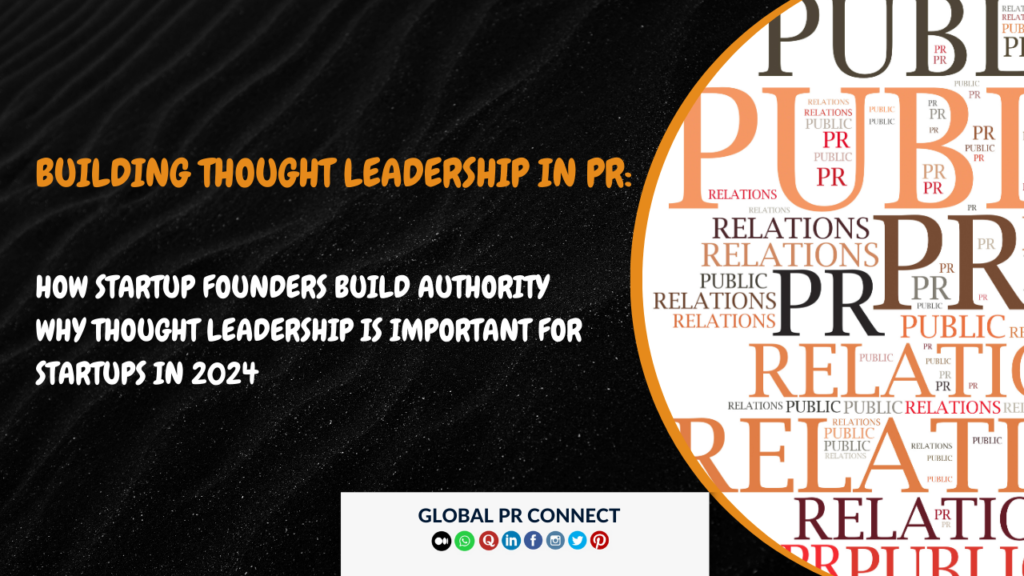Paid PR

Innovative PR strategies to launch your startup brand into orbit in 2024.

The Transformative Power of Storytelling in PR 2024: Building Authentic Connections for Startups

Mastering the Art of PR: Unleashing Powerful Strategies to Empower Startups for Unstoppable Growth in 2024

Proven Strategies to Create Irresistible PR Campaigns That Skyrocket Brand Loyalty for Startups in 2024

5 Proven Strategies to Transform Startups with Powerful Social Media PR in 2024

Building thought leadership in PR: How startup founders build authority Why thought leadership is important for startups in 2024

 Skip to content
Skip to content